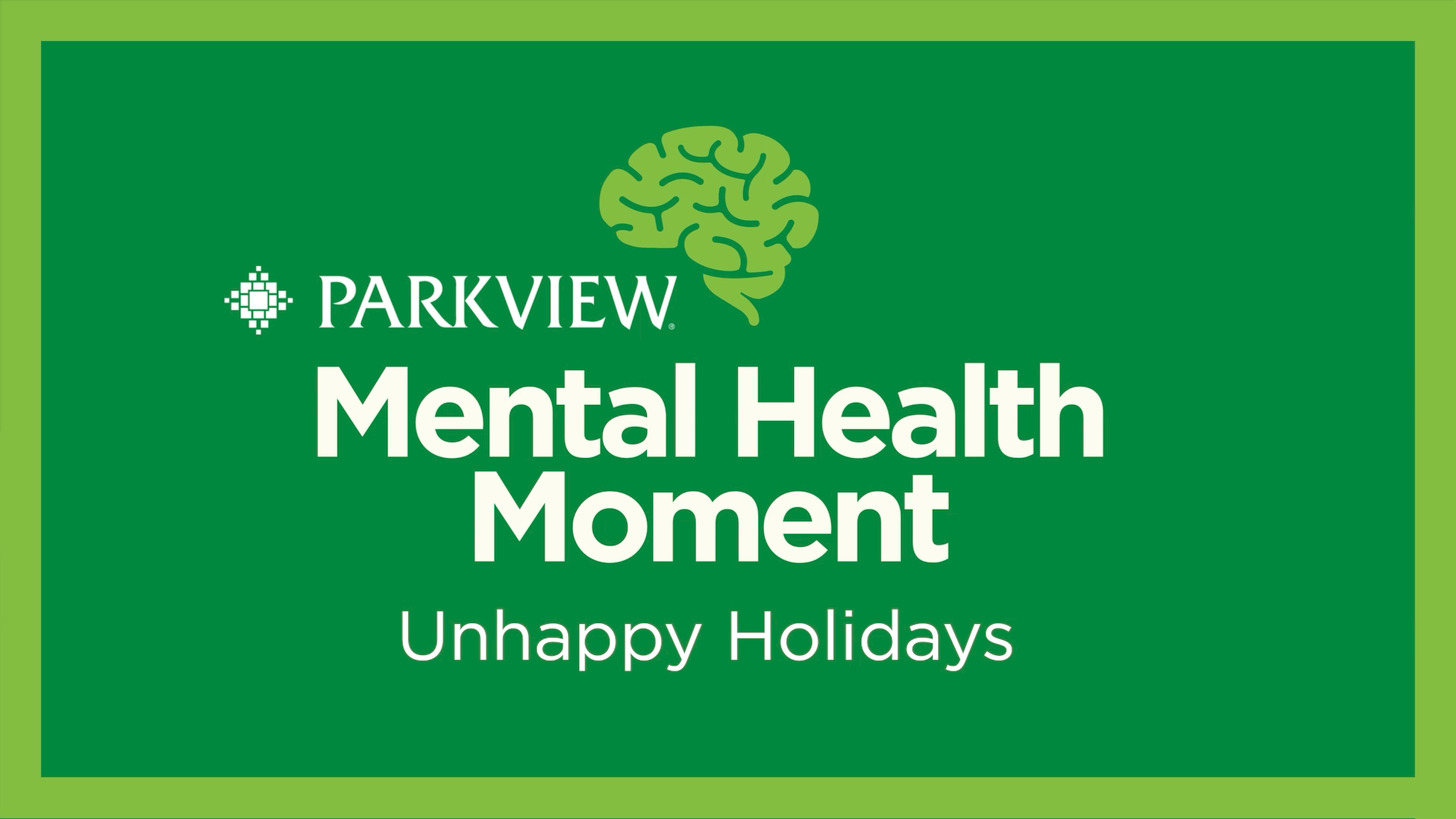Adolescence refers to the period of development encompassing children ages 10 to 19 and is a period in life that presents some interesting shifts for kids. Kristen Varian, PsyD, psychologist, Parkview Behavioral Health Institute, offers important guidance for parents wanting to help their children navigate the twists and turns of the teen years.
There are countless challenges, from a mental health perspective, that arise for adolescents, but there are certainly some that stand out more than others.
Puberty
When we think about puberty, it’s important to consider the changes happening on a personal and physical level, but also all of the social changes as well. While one child might start experiencing symptoms of puberty as early as 10 or 11, another might not see any changes until 15 or 16. It’s key that parents and adults in the teen’s life have open conversations about this transition.
Egocentrism in adolescence
There are some lesser-known challenges our teens face, which are psycho-social phenomena known as adolescent egocentrism. This is a stage teens go through that pertains to their sense of self.
There are two key parts of egocentrism in adolescent development:
The imaginary audience
This refers to a stage when teens believe they are playing center stage. When they think everyone is watching them and judging them. This is concerning particularly when paired with anxiety, especially social anxiety, because it can feed fear about judgment and scrutiny from others.
The personal fable
This refers to adolescents’ belief that their own thoughts and experiences are unique, and no one has ever experienced them before. This can also lead to thoughts of being invincible or untouchable. The personal fable is most concerning when paired with depression, because it leads to the fable of being misunderstood, isolated and/or lonely. When we see a child struggling with these feelings, we really want to address their thoughts from a mental health perspective so they can connect with someone who makes them feel understood and heard.
Triggers
During the adolescence stage, there are so many triggers for mental health distress. This could surface as anxiety, depression, self-harm, or suicidal ideation. Triggers depend largely on that particular teen's experience. If they are struggling with friends, transitioning between schools or experiencing academic stress, or having difficulty tied to past trauma, that will look different for each child.
Signs you should never ignore
You know your child, so generally speaking, if you notice any changes that cause concern, you should feel comfortable talking to your teen or reaching out for help, but specifically, parents should never ignore the following:
- Self-harm or suicidal ideation
- Scars in various stages of healing
- A teen wearing long sleeves and pants when it’s hot outside
- Suicidal comments or gestures (even if joking)
- Risky social media use
Social media
We know that social media is changing the mental health of our teenagers. It is tied to high levels of depression, anxiety, suicidal thoughts and acts. It’s a good idea for parents to explore apps that send alerts when concerning buzzwords are used. Knowing your child is using or receiving messages with these terms can help you have open and honest conversations.
The power of modeling
Adolescent angst can stem from navigating changes and challenges, processing past or current or trauma, or the strain of social connections. Parents should never underestimate the power of modeling. Our children are always watching how we manage our own mental health challenges, and how we communicate in general. They pick up on what’s OK to talk about and what isn’t in your family system based on what you, as parents, talk about. Creating a space where your teen feels safe having conversations is key to keeping communication open.
If you have concerns about your child’s mental health, there are resources available. If you notice clinical signs of anxiety, depression or trauma, talk to your primary care provider or reach out to Parkview Behavioral Health Institute to discuss next steps for your child. The Parkview Behavioral Health HelpLine is available 24 hours a day at 260-471-9440 or 800-284-8439.



